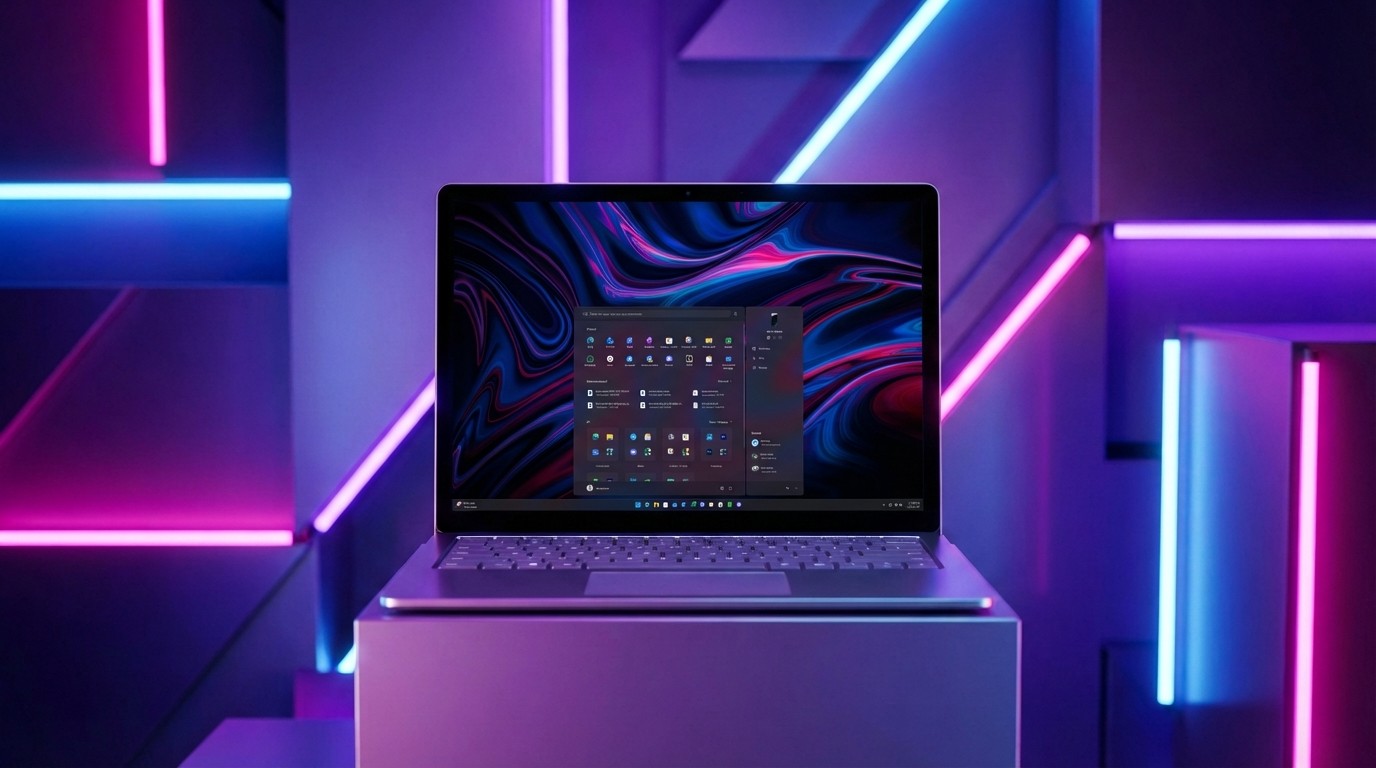IE For Windows Phone Team is listening to developers...

All the latest news, reviews, and guides for Windows and Xbox diehards.
You are now subscribed
Your newsletter sign-up was successful
In what is sure to be a technical discussion on the pros//cons of using certain protocols, specifically -webkit-text-size-adjust, in the new IE Mobile Browser for Windows Phone 7, Microsoft's developers have done a retraction due to feedback from the community.
Basically, the issue resolved around how to handle text in in a page with an associated caption and there were ramifications for going with the -webkit- CSS property instead of just the -ms- prefixed one.
The team has now decided to not go with the -webkit- and instead only use the -ms- one. We suppose if you're a web page programmer this means something to you and we're hope you're pleased. We're just glad MS is listening to the developer community, who after all have to use these tools.
Now any of our savvy readers care to explain it in layman's terms?
[via IE for Windows Phone team Weblog]
All the latest news, reviews, and guides for Windows and Xbox diehards.

George is a former Reviews Editor at Windows Central, concentrating on Windows 10 PC and Mobile apps. He's been a supporter of the platform since the days of Windows CE and uses his current Windows 10 Mobile phone daily to keep up with life and enjoy a game during downtime.
